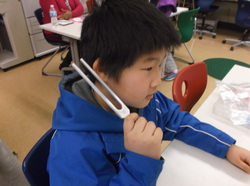
While it has been easy to discriminate sounds, third graders are now trying to uncover what actually causes sound. With a few "instruments," third graders are gathering evidence for what causes sound and also what causes the sounds to be so different from each other!
Did they see something happen when the struck the tuning fork? Did they feel something? What about with the long gong made of string, a cup, and a metal hanger? Did they see or feel something when they heard the pencil strike the hanger?
Did they see something happen when the struck the tuning fork? Did they feel something? What about with the long gong made of string, a cup, and a metal hanger? Did they see or feel something when they heard the pencil strike the hanger?
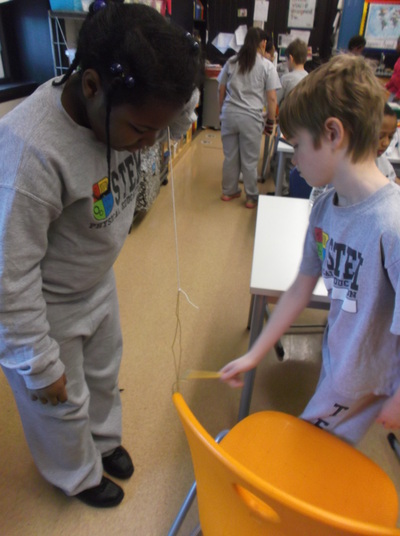
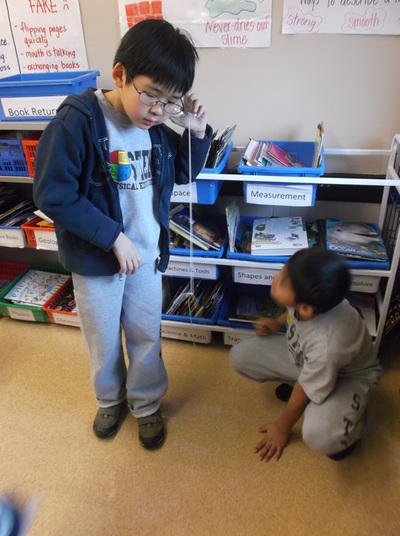
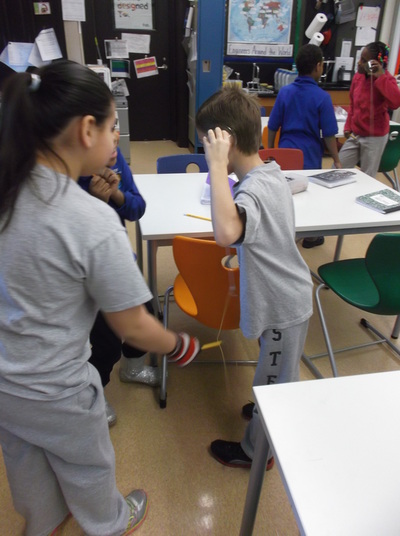
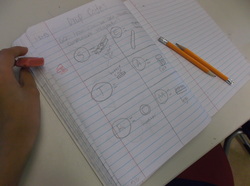
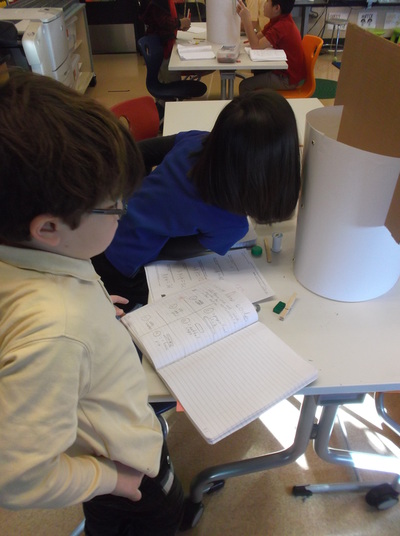
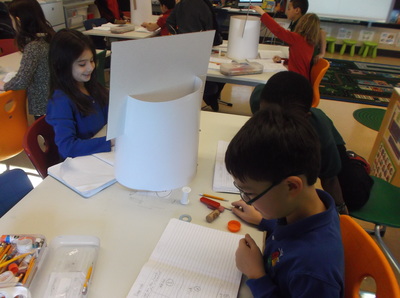
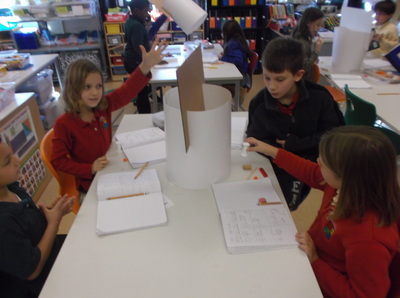
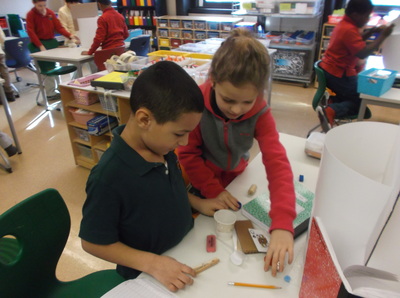
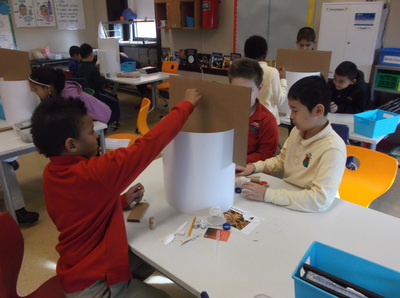
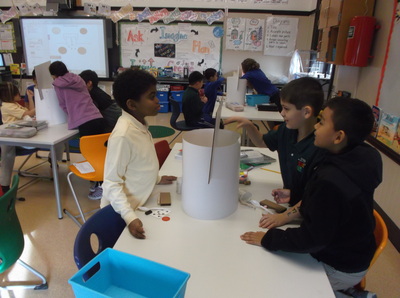
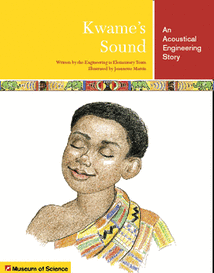
 RSS Feed
RSS Feed